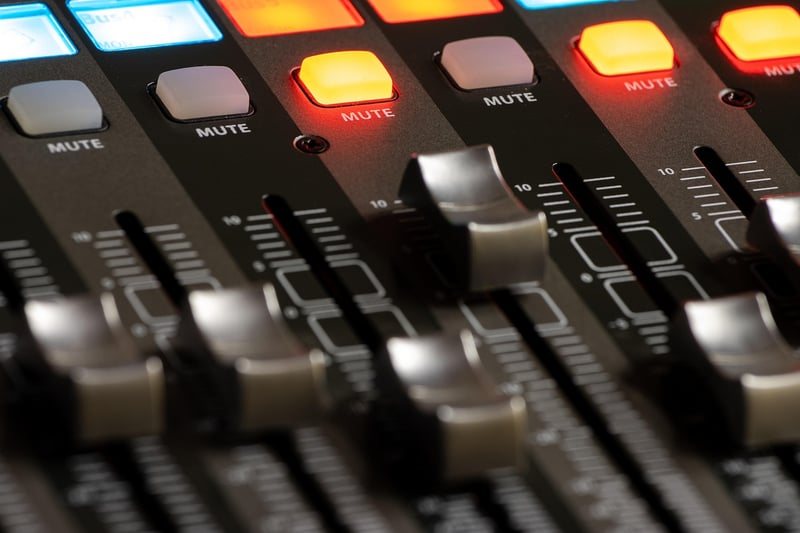Music Producer
The Path to Becoming a Music Producer
Are you passionate about music and dream of creating your own tracks? Becoming a music producer might be the perfect path for you to follow your interests and turn your passion into a career. In this article, we will explore what it takes to become a successful music producer and how you can start your journey in the music industry.
What Does a Music Producer Do?
A music producer plays a crucial role in the music creation process. They work closely with artists to shape and refine their sound, oversee recording sessions, and bring the artist's vision to life. Music producers are involved in every step of the production process, from selecting the right instruments and sounds to mixing and mastering the final track.
Skills Required
To become a successful music producer, you need a combination of technical skills and creativity. Some of the essential skills for a music producer include:
- Strong knowledge of music theory and composition
- Proficiency in digital audio workstations (DAWs) such as Ableton Live, Logic Pro, or FL Studio
- Understanding of sound engineering and mixing techniques
- Excellent communication and collaboration skills
- Creativity and a good ear for music
Education and Training
While formal education is not always required to become a music producer, many successful producers have a background in music production, audio engineering, or music technology. You can pursue a degree or diploma in music production from a reputable institution or opt for online courses and tutorials to develop your skills.
Building Your Portfolio
As a music producer, your portfolio is your resume. Start building your portfolio by creating your own tracks, remixes, and collaborations with other artists. Share your work on online platforms like SoundCloud, YouTube, and social media to showcase your talent and attract potential clients.
Networking and Collaboration
Networking is key in the music industry. Attend music events, workshops, and conferences to meet fellow musicians, artists, and industry professionals. Collaborating with other musicians and producers not only helps you expand your network but also provides valuable learning opportunities and exposure.
Stay Updated and Keep Learning
The music industry is constantly evolving, with new technologies and trends emerging regularly. Stay updated with the latest music production tools and techniques, follow industry blogs and podcasts, and never stop learning and experimenting with your music.
Conclusion
Becoming a music producer is a rewarding journey that requires dedication, passion, and continuous learning. By honing your skills, building your portfolio, networking with industry professionals, and staying updated with the latest trends, you can carve a successful career in music production.
So, if you are ready to follow your interests and pursue your dream of becoming a music producer, start today and let your creativity shine through your music!

Image Source: Pixabay
